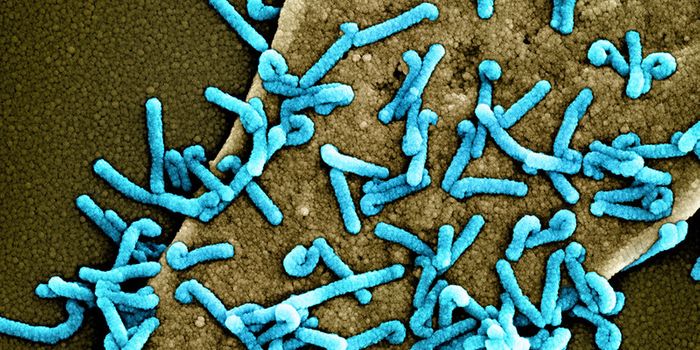After a Death in a Clinical Trial, Researchers Determine the Likely Cause
Last year, one person completed a trial of a CRISPR-based treatment for a rare type of Duchenne muscular dystrophy, but they died a few months after receiving the therapeutic. The CRISPR gene editing reagents had been delivered to the patient with a tool commonly used in gene-editing trials, called a viral vector. Scientists have now concluded that this individual died as a result of the viral vector, and not the CRISPR gene editing.
CRISPR has revolutionized the biomedical research lab, and brought rapid and streamlined techniques for creating genetically-edited animals for disease research. It also has tremendous potential as a way to treat or possibly even cure some genetic disorders in people. This trial was among the first uses of CRISPR in a person.
When the study participant, Terry Horgan, 27, of Montour Falls, New York, died, there was a lot of concern that CRISPR had influenced his death. Within six days of receiving the treatment, Horgan went into cardiac arrest and died two days later from brain damage and organ failure.
Viruses are needed to deliver gene editing treatments to cells. These treatments, which in the case of CRISPR consists of things like an enzyme to cut DNA and a guide RNA to draw that enzyme to the right place in the genome, don't only have to get into the right cells, they also have to reach the nucleus of those cells so they can alter the DNA inside. Viral vectors have been engineered specifically for this purpose, and are supposed to be harmless to the recipient. But previous efforts have shown that these viruses come with real risks, probably in part because they are being used on people who already have some pretty serious medical issues.
In Horgan's case, symptom onset happened so quickly, and so little of the gene editing enzyme was found in his body, the researchers suspect that the therapy had not even started to alter his DNA.
In 1999, an eighteen-year-old volunteer named Jesse Gelsinger died when participating in a trial that also used a viral vector to deliver a rare disease treatment. His immune system had an excessive reaction to it. While the viral vectors used now are considered safer, they clearly also can pose serious risks.
Viral vectors are still a challenge to develop. Scientists are still trying to determine why some people react so strongly to them while others don't. It could be underlying disease or some immune issue, for example, or another problem entirely.
Horgan did seem to have a particularly severe immune reaction compared to other patients who have gotten doses of the same virus that are similar or slightly higher. Right now, the preliminary findings have been reported in a pre-print journal, medRxiv, before peer-review.
Horgan's trial had been approved by the Food and Drug Administration and was sponsored by Cure Rare Disease, a nonprofit his brother, Rich had founded. In a statement, Rich Horgan said, "On a personal note, this study is another important step toward honoring Terry's legacy and his commitment, as well as our entire family's, to the rare disease community."
Senior study author Dr. Terence Flotte, dean of UMass Medical School, iis hopeful that data from this and future studies could help scientists identify patients who may be more likely to experience unexpected and severe reactions to viral vectors.
Sources: AP/Medical Express, medRxiv









